Technology
Could We Save Earth From A Devastating Don’t Look Up Asteroid?
Published
3 years agoon

Two American astrophysicists predict that technology is ready to stop an asteroid from colliding with Earth.
What will happen if a ten km-wide asteroid or comet is about to collide with the Earth, with an impending disaster just six months away? This was the setting in the recent Netflix science fiction film “Don’t Look Up.” The movie has sparked curiosity to many if we have the technology to avert the catastrophe.
A new research says that Earth could save itself from a threat with just a short window to act.
“We prove that humanity has passed a technological threshold to prevent us from going the way of the dinosaurs,” said Philip Lubin and Alex Cohen at the University of California Santa Barbara.
Their paper recently posted on Arxiv claims that mitigation is possible. It uses existing technology, even with the short period of six months warning. They added that the dinosaurs ‘never took a physics class and failed to support the planetary defense.’
The duo looks at several different methods developed to deflect a comet. But they focus primarily on various explosive penetrators for the “Pulverize It” (PI) method. The most effective way of pulverizing is using small nuclear explosive devices (NED) in the penetrators. It could be launched with one of two super-rockets currently in development. NASA’s Space Launch System (SLS) or SpaceX’s Starship vehicle are expected to have their first test flights to space in the coming months.

Could this destroy an asteroid akin to the one depicted in Don’t Look Up? The method would not entirely obliterate an asteroid, but it could vaporize some surfaces. Then, it would create an explosive thrust and a change in velocity in response. As a result, this would change the asteroid’s path and hopefully divert it from hitting the Earth.
The availability of the technology is not a controversial opinion. Apollo astronaut Rusty Schweickart helped establish the asteroid research organization B612. Schweickart has explained that the technology needed to divert an asteroid already exists.
“We do not have to invest in a big tech development program to deflect an asteroid that would pose a disastrous impact,” Schweickart said.
But that is subject to change. In 2021, NASA launched the Double Asteroid Redirection Test (DART), the first-ever planetary defense test project. It will show that an unmanned spacecraft can navigate and perform a kinetic impact on a small target asteroid. Also, this will test if this is a feasible technique to block a dangerous asteroid.
The paper by Lubin and Cohen shows that a threat of this scale colliding the Earth at a closing speed of 40 km per second would have an impact energy of roughly 300 Teratons (TNT). It’s about 40 thousand times larger than the current combined nuclear arsenal of the entire world.
They said the purpose of their research was to show that even in extreme short-term warning cases, we should have the ability to respond. However, we could react properly only if we prepared. That’s why Schweickart and B612 have repeatedly and loudly advocated.
While the numbers may seem scary, it is not outside the scope of possibility even in this era of human technological development, Lubin and Cohen said. Furthermore, this gives us hope that a robust planetary defense system is possible. It is viable for even short notice existential threats outlined in their paper. They concluded that we would never be caught in this situation but better be ready than dead.
You can watch Don’t Look Up on Netflix. And for other news, read more here at Owner’s Mag!
You may like
Business
Top 10 Free and Paid eCommerce Tools for 2025
Published
2 hours agoon
September 18, 2025By
Skylar Lee
Starting an eCommerce business is no easy feat. You have to think about sales, marketing, customer service, invoicing, and inventory all at once. Some platforms may offer those, but you need other eCommerce tools to make life easier and automate your processes. But which are the best ones? I’ve compiled a list of the best ones here.
1. Shopify
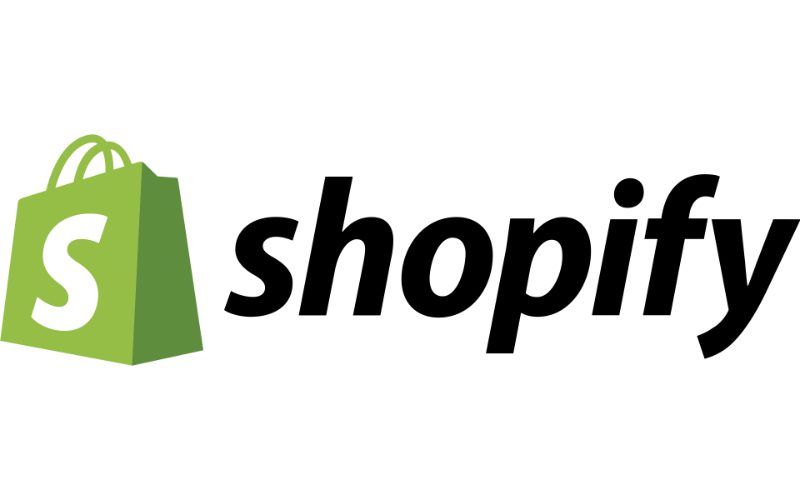
Type: eCommerce platform
Any eCommerce tools list would simply be incomplete without the mention of Shopify. After all, Shopify is one of the leading eCommerce platforms of all time. The eCommerce platform makes it easy for new eCommerce businesses to set up shop in no time. They have a bunch of tools to keep any eCommerce business around, such as branding, point of sales, email marketing, and payment tools.
With Shopify, you don’t have to create a website immediately if you don’t need it yet. If you want to start small, Shopify has a Starter plan where you can reach customers via social media or messaging apps.
Pricing:
Starter (social and messaging apps only) – $5/mo
Basic – $29/mo
Shopify – $79/mo
Advanced – $299/mo
2. Veeqo
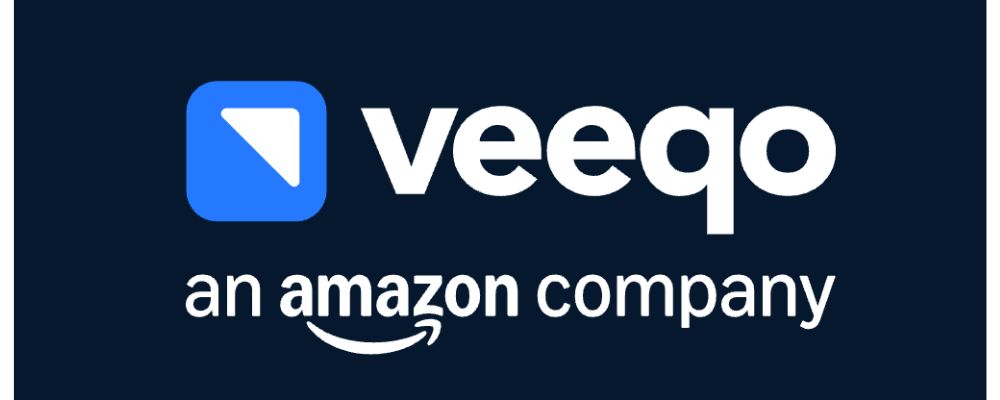
Type: Inventory and logistics
Even though Shopify has everything you need to get your business ready from launch to your first sale, you can integrate tools into the platform, such as Veeqo. Veeqo is a logistics company helping eCommerce businesses with inventory and shipping.
You don’t have to worry about keeping track of all your products manually. With Veeqo, you can rest easy knowing they automate your stock every time there’s a sale. Plus, with shipping, you’ll have lowered rates on known logistics businesses, such as DHL and UPS. In addition, you can automate shipping processes.
Pricing: Veeqo Free, $250 per month for Veeqo Priority
3. SurveyMonkey

Type: Survey
One eCommerce tool that you should use is a survey. This helps you get a pulse of what’s going on with your customers, and one of the survey tools you should use for your eCommerce business is SurveyMonkey.
With SurveyMonkey, you’ll also know what your customers think of your products, aside from the reviews they give. Surveys will provide you with more input, and you’ll learn how to improve your products and how you can interact with your customers better. But it’s not just a tool for your customers. You can also ask your employees how they can improve your eCommerce business.
Pricing:
Team Advantage – $25/user/month
Team Premier – $75/user/month
Enterprise – Contact sales
4. Wave

Type: Accounting and Invoicing
Most eCommerce platforms will have their own payment portal. But if you want an all-around easy-to-use small business financial service software, Wave is one of the best eCommerce tools to use. They have these nifty features:
- Invoicing
- Payments
- Accounting
- Banking
- Payroll
- Advisors
With Wave, you don’t need an accountant. Wave helps you with your taxes, bookkeeping, and billing. And if you still need financial help, advisors are ready to help you learn more about finance terms or concepts. Plus, Wave is free to use for their Invoicing, Accounting, and Bookkeeping features. Or, you can even hire a bookkeeper to do all the work for you.
Here’s the pricing for their Payments, Payroll, and Advisors features:
Payments: 2.9% + $0.60/ transaction (AMEX: $3.4% + $0.60/transaction)
Bank payments: 1%/transaction
Payroll: Tax service states – $40/mo; Self service – $20/mo
Advisors: Bookkeeping support – $149/mo; Coaching – $379/mo
5. Rewind
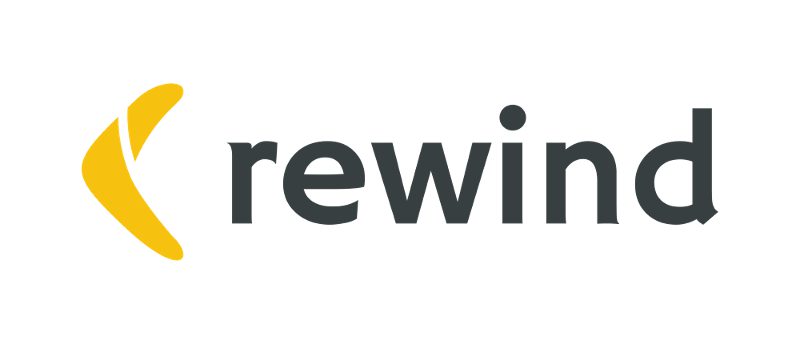
Type: Data protection
Any business with a website should know that they need to back up their data. After all, you can put it right back up anytime if outages or something unexpected happens to your website. And if you don’t want to lose your data, Rewind is one of the best eCommerce tools out there.
Rewind can help eCommerce businesses protect their business from any downtime with their daily backup. If you have integrated a 3rd party app into your website, but it’s not doing you any good, you can just rewind and get back to the last time you didn’t install it. Plus, they ensure your data is secure from any attacks.
Pricing: Starts at $45/mo
6. Zendesk

Type: Customer service
Zendesk is one of the best customer service tools of all time, with more than 100,000 brands and users helping customers with their concerns. The customer service tool will help eCommerce businesses connect with customers through email, phone, or live chat.
Pricing: Starts at $19 per agent per month, billed annually
7. Jungle Scout
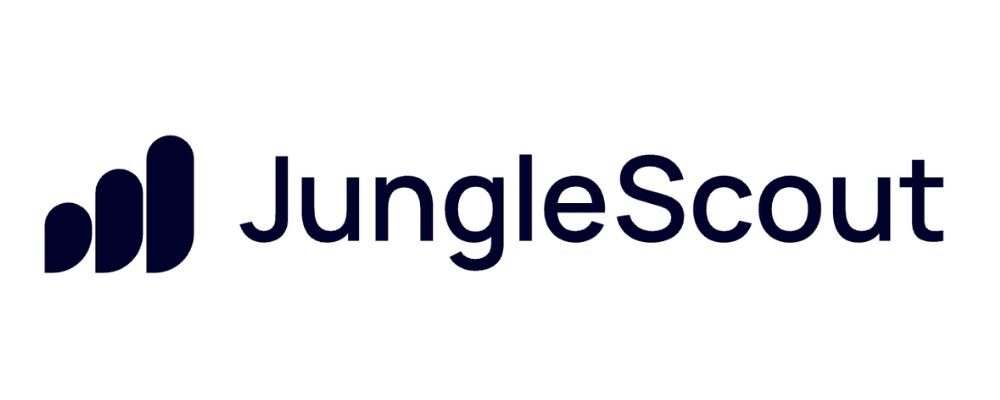
Type: Marketing
If you need a marketing and keyword research tool made for online sellers, Jungle Scout is one of the best eCommerce tools to use. This tool is for Amazon sellers, but you can still use this for your online store anywhere. You can grow your traffic with their keyword research feature, optimize listings, and get more reviews for your site.
They also have an inventory management feature. Plus, Amazon sellers can get more out of the tool with their finances and ads features.
Pricing: Starts at $29/month
8. Copysmith

Type: SEO/Marketing
Are you having trouble creating product descriptions for all of your items? Don’t fret, Copysmith is an AI writing tool to help you create a copy in minutes. It can be difficult trying to come up with persuasive copy that will get people to click add to cart.
With Copysmith, you’ll have an AI assistant giving suggestions from the keywords you provided. From there, you can choose from the best copy and add it to your website. Plus, they ensure that the copy is search engine optimized, so customers can visit your online store and get more traffic. In addition, you can also create bulk product descriptions for SKUs.
Pricing: Starts at $19 per month
9. MailChimp
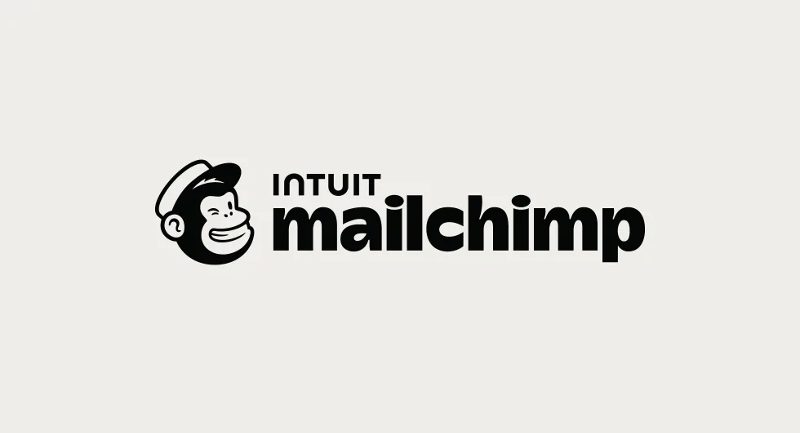
Type: Marketing
MailChimp is best known for email marketing. But it has grown into an all-around marketing platform for any business. They have a comprehensive email marketing platform, allowing businesses to segment their audience, reach more, and analyze open and conversion rates.
Aside from email marketing, MailChimp allows businesses to create optimized landing pages and social media ads and send printed postcards.
Pricing: Free plan available, paid plans start at $13 per month
10. Google Analytics

Type: Analytics
Any entrepreneur or seller needs to keep track of their online business. And if you want to know how your online store ranks on one of the widely used search engines, you can use Google Analytics.
Most eCommerce platforms will have analytics, but Google Analytics can help you with your marketing, and you’ll know how to reach more customers. Plus, you can run ads with their Google Ads and Search Ads 360 features and get access to the Google Search Console.
Pricing: Starts for free
These eCommerce tools have proven their worth and helped other eCommerce businesses thrive in their own niche. Plus, they have also provided immense value and eased the minds of new and existing eCommerce businesses.
Business
Top 10 Public Relations Tools Every Entrepreneur Should Check Out
Published
6 days agoon
September 12, 2025
Any successful business requires public relations to establish and protect its image and reputation. Fortunately, in the digital world, there are many tools at an entrepreneur’s disposal. This article highlights the ten best public relations tools every entrepreneur should consider to communicate with their target audience and increase brand awareness.
1. HARO (Help a Reporter Out)
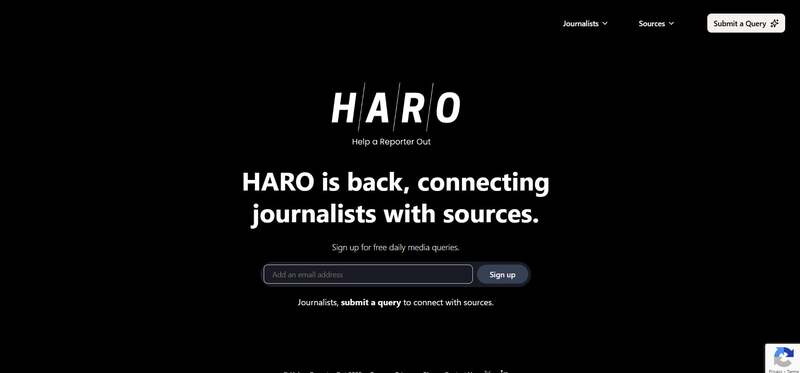
As its name suggests, Help a Reporter Out (HARO) is a platform connecting journalists with their stories’ sources. It also allows businesses, organizations, and individuals to share their expertise and insights. They can get in front of a wider audience by offering quotes, facts, and other information to journalists looking for sources for their articles.
By using HARO, entrepreneurs and PR professionals can get their brands in front of a large audience and improve their visibility, credibility, and reputation. It has a free plan aside from its paid ones, with subscriptions that start at $19 per month.
2. Ahrefs
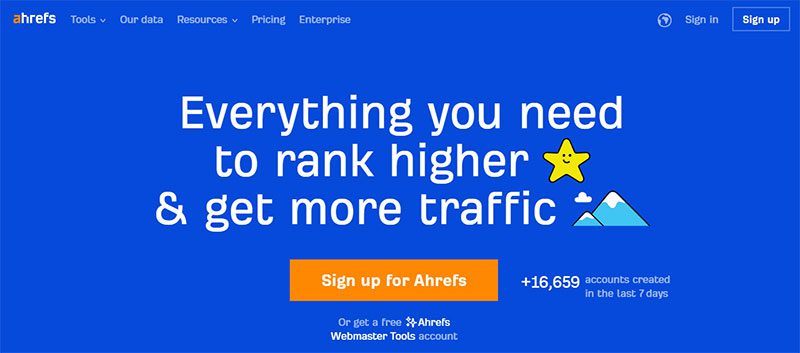
Primarily known as an SEO tool, Ahrefs can also be used as a public relations tool. It provides a comprehensive analysis of a website’s backlink profile. It enables PR professionals and entrepreneurs to see who is linking to their websites. Plus, you’ll know what content is attracting the most links. Through Ahrefs, PR professionals can identify key influencers and potential media contacts in their industry and reach out to them for possible coverage.
Ahrefs can also be used to monitor competitors’ PR and marketing activities. This will provide valuable insights into successful PR strategies. The platform offers four premium plans with pricing that starts at $99 per month.
3. Google Alerts

A free, web-based tool, Google Alerts allows you to monitor mentions of specific keywords or phrases on the internet. This tool can be helpful for PR professionals and entrepreneurs as a way to keep track of their online reputation and brand mentions. By setting up Google Alerts for your brand, products, industry keywords, or even your competitors, you can receive email notifications whenever your specified keywords are mentioned online.
This helps PR professionals stay informed and promptly respond to negative mentions, track positive coverage, and share it with their audience.
4. BuzzSumo
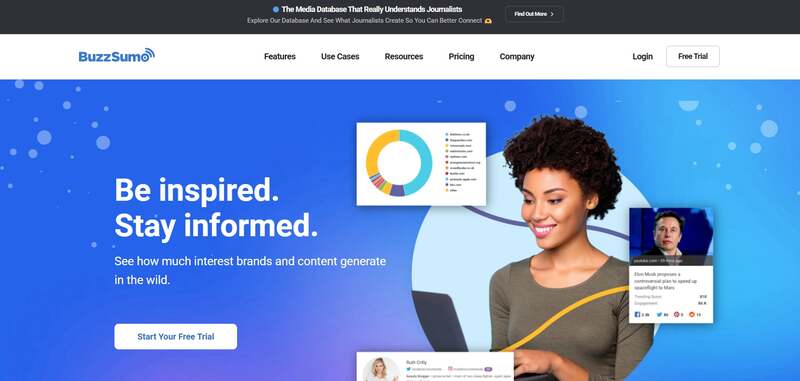
If you need to get insights on what’s popular, viral, and being shared across the web, BuzzSumo is one of the public relations tools you need. It is a content analysis tool that helps PR professionals and entrepreneurs monitor their online presence. And they can reach their target audience effectively. It provides insights into viral content, competitor analysis, influencer identification, and performance metrics.
Its ability to track and measure the impact of PR and content efforts makes it a valuable tool for businesses looking to stay ahead of the competition. It offers a free plan, but its paid ones have pricing that starts at $99 per month.
5. PRWeb
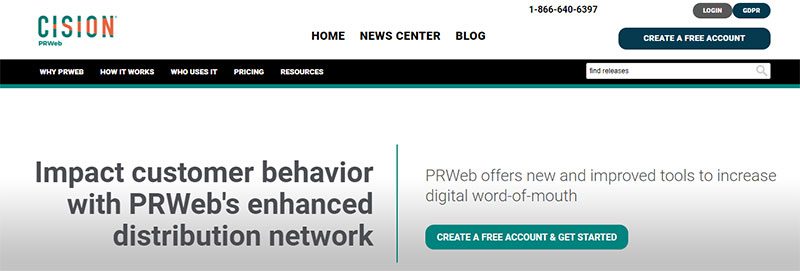
Another valuable tool for PR professionals and entrepreneurs looking to promote their brands, products, and services is PRWeb. It is a PR distribution service that helps businesses and organizations reach their target audience and improve their online visibility.
PRWeb offers a wide range of distribution options, including national and local media outlets, social media, and industry-specific websites, ensuring that press releases reach the intended audience. You can choose from PRWeb’s four plans with subscription fees that start at $105 per month.
6. Respona
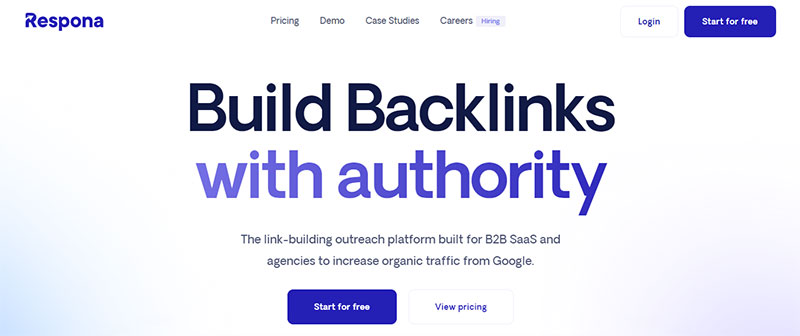
One of the most underutilized public relations tools you need to check out is Respona. It effectively helps organizations manage their media and public relations efforts. It provides a centralized platform for monitoring media mentions, conducting outreach to journalists, and measuring the impact of PR campaigns.
The tool includes email automation, press release distribution, and real-time media monitoring to help PR professionals streamline their work and communicate more effectively with their audience. It offers a free trial, but if you want to continue using it, pricing starts at $99 per month.
7. Coverage Book
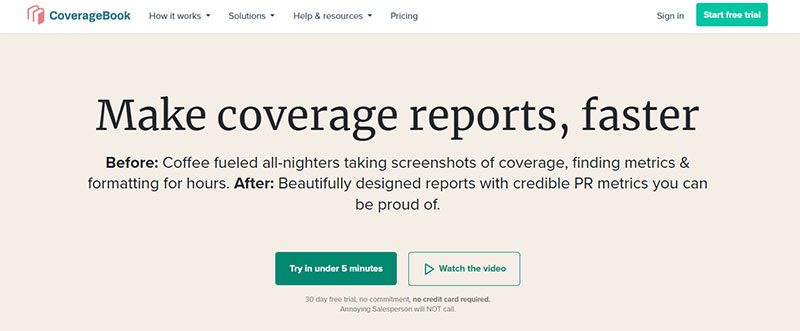
If tracking and showcasing your media coverage is a priority, Coverage Book is the public relations tool for you. It provides a platform for organizing and presenting media coverage from online and offline sources, including press releases, articles, and social media mentions. It also includes analytics to measure the impact of PR campaigns and provide insights into the performance of media outreach efforts.
Coverage Book is designed to help PR teams demonstrate the value of their work to internal stakeholders and clients. This is a good investment, with prices ranging from $99 to $599.
8. Business Wire

A news distribution service and PR tool, Business Wire is used by organizations to distribute press releases and other news content to media outlets and stakeholders. It provides a platform for organizations to reach a global audience through distribution to a vast network of media outlets and websites, including major search engines, news databases, and social media platforms.
Business Wire is a paid service with varying costs based on distribution and features needed. It offers different packages available to meet the needs of various organizations.
9. NinjaOutreach
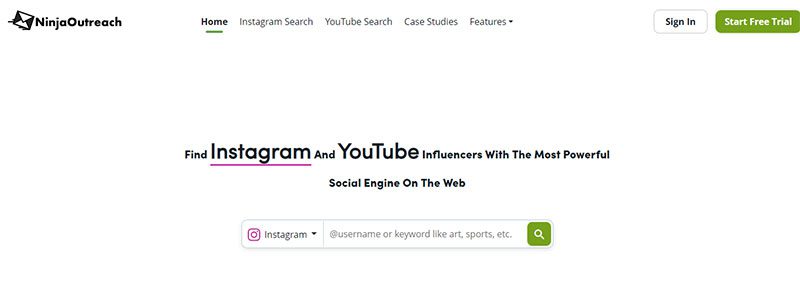
A public relations tool that offers a platform for simplifying your outreach efforts and building relationships with journalists, bloggers, and other influencers. NinjaOutreach provides email outreach automation, influencer database search, and analytics to track PR campaigns. It saves time and effort by automating repetitive tasks and providing insights into effective audience outreach.
The tool is designed to help organizations improve their media coverage and build relationships with key influencers. Pricing ranges between $389 and $849 per month.
10. SourceBottle
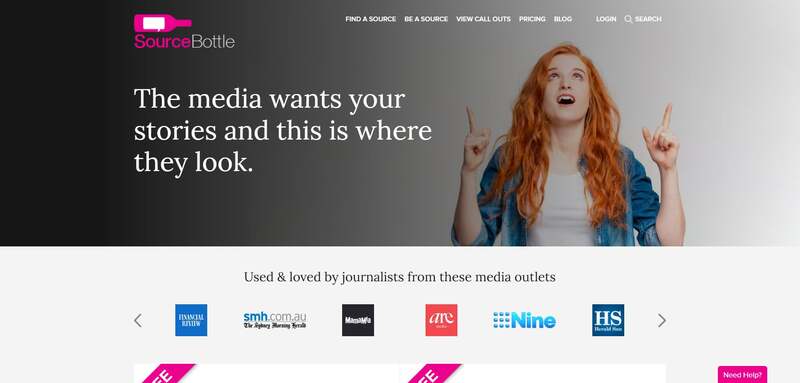
A journalism tool that doubles as a public relations tool is SourceBottle. It connects journalists and bloggers with experts, sources, and content for their stories. It provides a platform for experts, organizations, and individuals to offer their expertise and resources to journalists looking for references and information.
SourceBottle also offers analytics to track the success of PR campaigns and provide insights into media outreach efforts. The service fee is based on the desired features and the number of journalists and bloggers to be reached. But for starters, you need to create an expert profile for a monthly cost of $25.
Final Thoughts
The world of public relations is constantly evolving. Entrepreneurs must stay up-to-date with the latest tools and technologies to get their messages and stories in front of their target audience. The public relations tools discussed in this list are some of the best in the industry and offer a range of features and capabilities to meet the needs of different types and sizes of organizations.
Technology
Top 10 Shipping Software Options for Businesses
Published
2 weeks agoon
September 5, 2025By
Carmen Day
As a small business owner, shipping logistics and order management can become a hassle. With fluctuating fees based on size and location, keeping track of everything can take a lot of time and effort. That’s why new entrepreneurs should consider purchasing an automated shipping software system.
Getting shipping software is a great way for you to increase efficiency and save time and energy. Instead of doing everything manually or relying on an outside service, you can get your end-to-end shipping needs taken care of without breaking as much of a sweat. In addition, by integrating the service with your site, you can forget about orders once sent out and set it and forget it.
Yet if you’re new to the industry, it may be challenging to navigate your options. That’s why we’re here to provide you with the top 10 best shipping software for e-commerce.
1. Shipstation
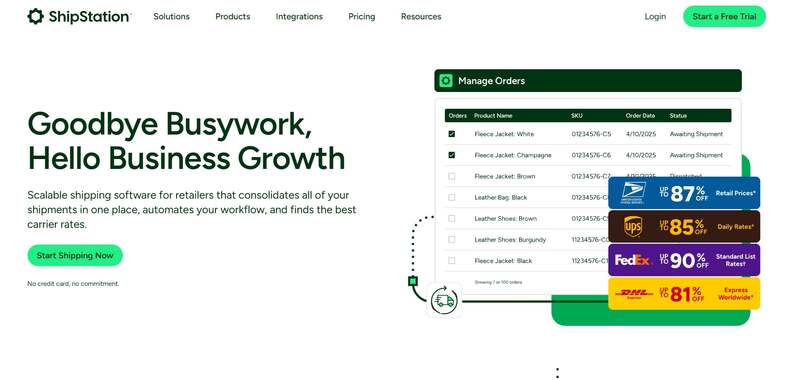
Shipstation is an affordable and multi-carrier shipping software that is best for small businesses. Customers can switch between companies to get the best value for their money. In fact, here, people can set an automated feature that selects the cheapest option every time. Shipstation integrates with Amazon, UPS, FedEx, DHL, and USPS. Their shipment rates start at $9.99 per month for 50 shipments.
2. ShipTime
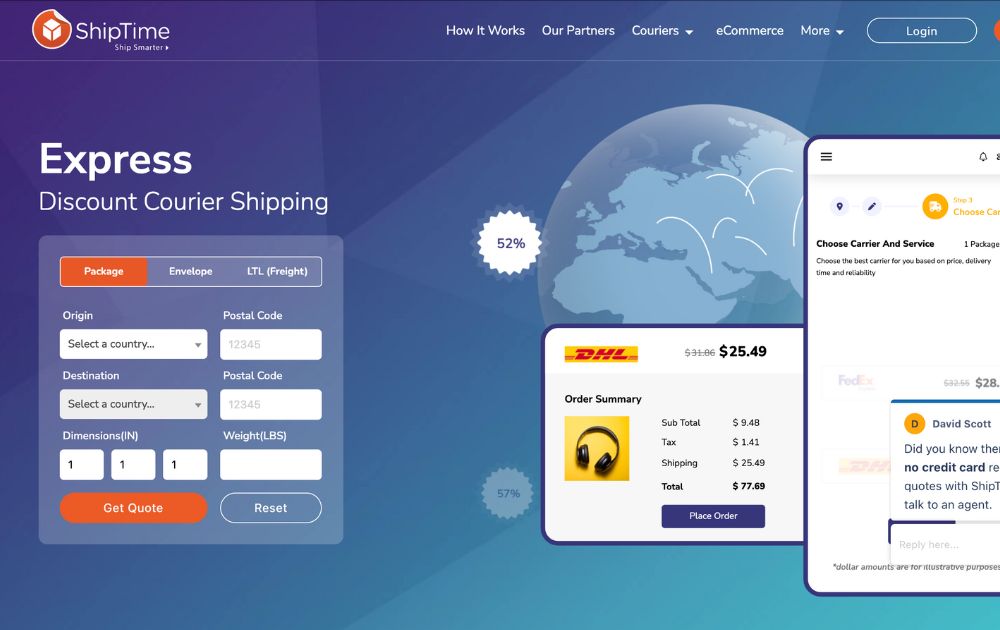
Meanwhile, if you’re looking to ship items that are big and small, ShipTime is well known for its parcel shipping methods. It partners with FedEx, GLS, Canada Post, DHL, and more. The company also provides discounted insurance as well as branded tracking to make sure you receive your packages securely. Finally, Shiptime integrates with popular e-commerce platforms like Shopify, WooCommerce, Etsy, and more.
3. Sendcloud
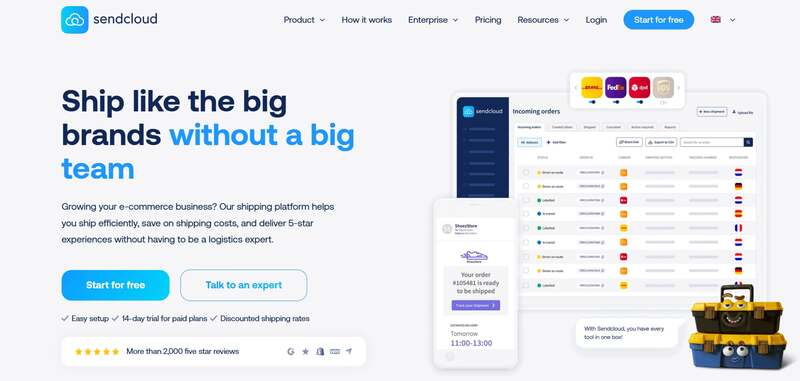
Just like ShipTime, Sendcloud is great shipping software for small business owners. The company offers after-sales support by providing affordable integrations to many e-commerce sites. Sendcloud also minimizes the fuss around order label printing by filling out the shipping details for you. You don’t need a whole lot of knowledge about shipping, setting up and getting started is incredibly easy here.
4. Freightview
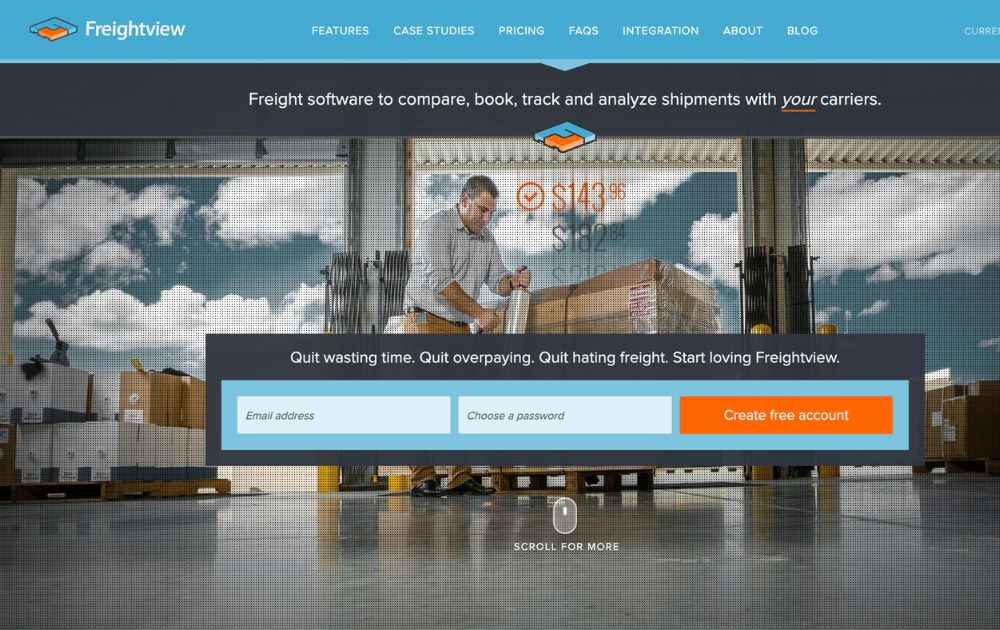
On the other hand, if you are looking for a supply chain management solution, you’d want to know more about Freightview. Their platform allows users to compare rates, track orders, and schedule pickups. However, its best feature is that it creates a bill of landing contracts, and you’ll also be allowed to negotiate rates with your carrier through the platform. Freightview comes at a higher cost than most competitors at $99 a month.
5. ShippingEasy
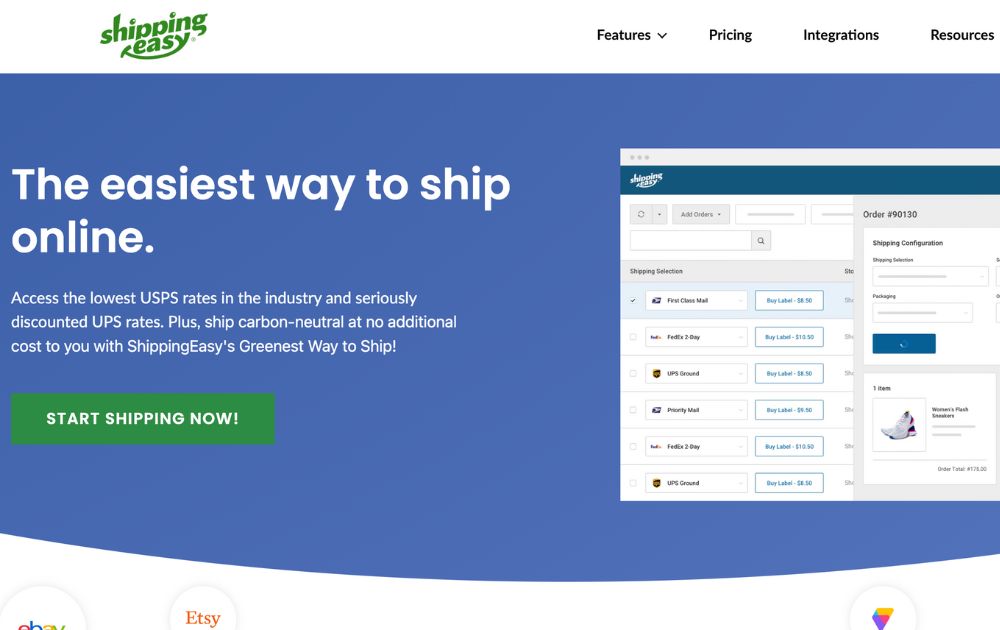
If you want to prioritize your customers, you can take a look at ShippingEasy and its award-winning customer support. Aside from this, their best edge is that it promotes carbon-neutral shipments at no extra cost—which is an option your buyers might want for themselves. Finally, ShippingEasy has a free package that gives you 25 shipments a month. Meanwhile, their paid plans start at $20 with under 200 shipments a month.
6. Shipsy
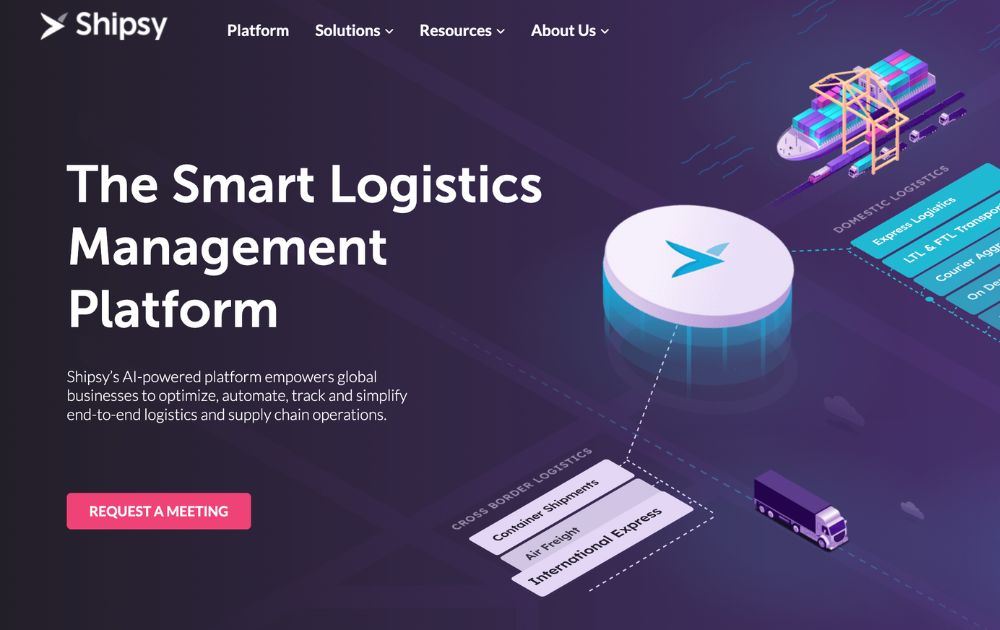
Shipsy is best for brands that ship globally, as their handle end-to-end logistics support using their platform that runs on AI. This company puts a premium on visibility, so you can see the prices of exporters, importers, and third-party logistics providers using their dashboard. Aside from that, you can also get analytics from your shipments and avail live location tracking.
7. EasyPost
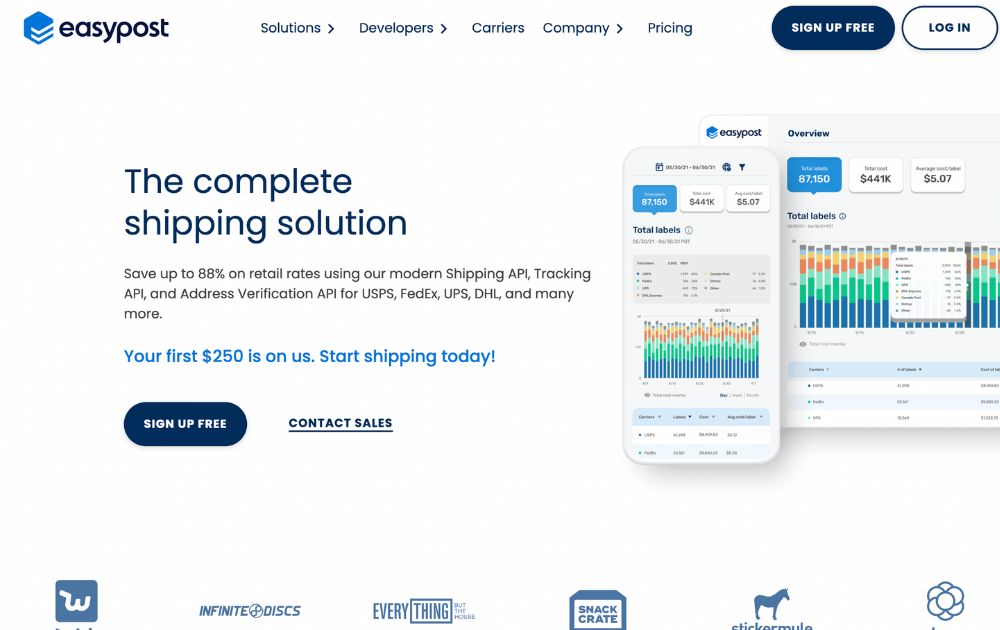
EasyPost is yet another affordable and reliable shipping solution. You can get special discounted rates when you carry with DHL, UPS, USPS, and more. But that’s not all. They also offer over a hundred carriers to fit your needs. Aside from that, they also offer green shipping through their carbon-neutral option. In short, EasyPost also lets you print labels, track packages, and ensure your customers’ shipments are in one place.
8. ShipWorks
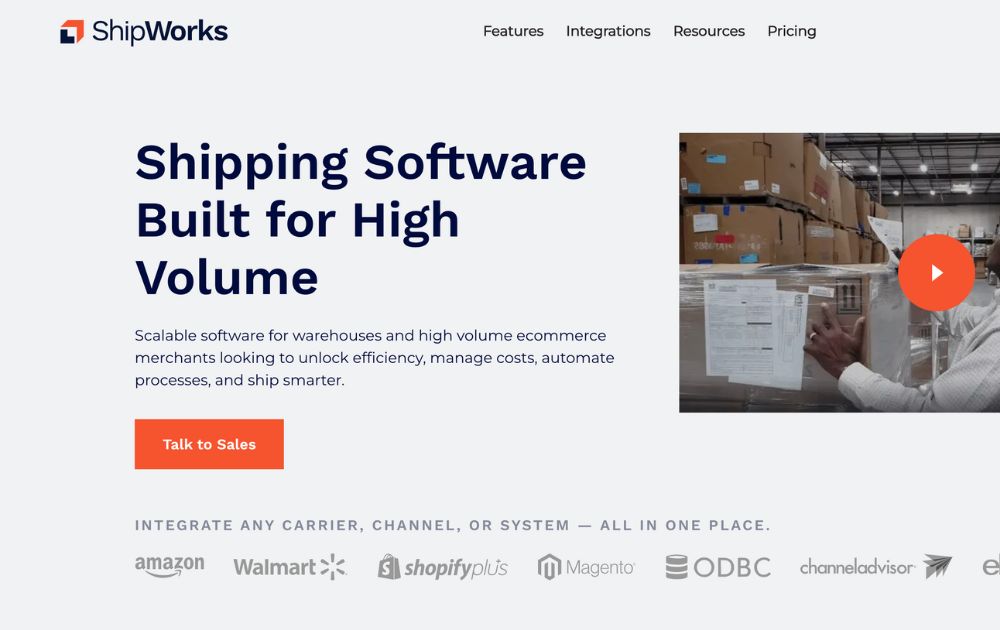
ShipWorks, on the other hand, works best for high-volume sellers. If you’re a warehouse or an in-demand e-commerce merchant with multiple locations, you can take advantage of ShipWorks’ huge shipment capacity. Because while most only cover 5,000 shipments a month, ShipWorks handles over 10,000 shipments a month. You can get started with their warehouse essential plan starting at $349 a month with 12,000 shipments.
9. ClickShip
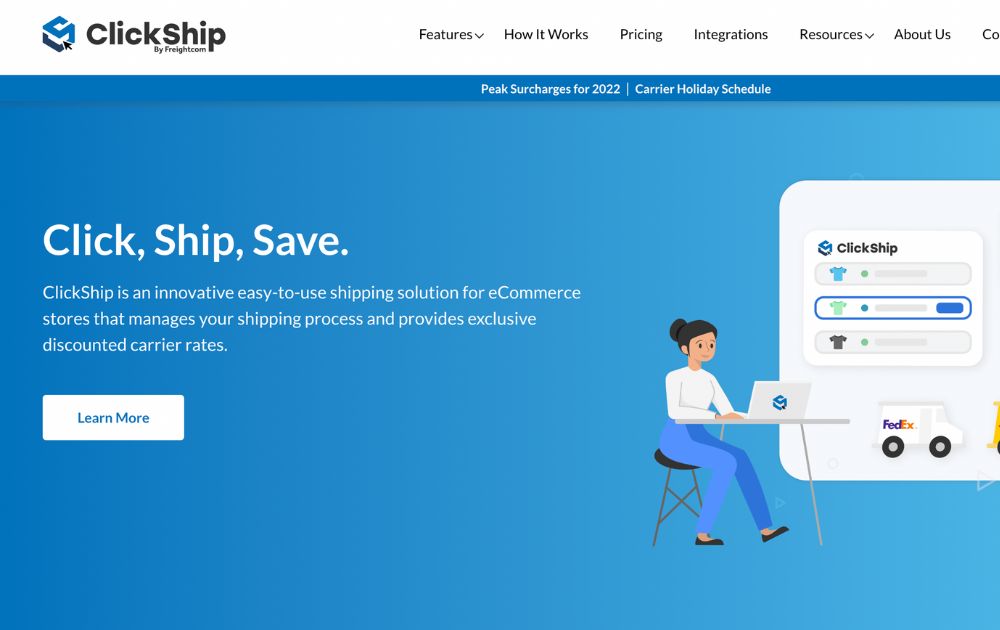
ClickShip isn’t that different as compared to other trusted software. It offers transparent pricing, exclusive shipping discounts, and web integrations for users. However, one standout is its package optimization feature that suggests to its users which packaging works best for a certain shipment. This small add-on may be the solution you’re looking for to save time. Their starter pack costs $9 a month.
10. Shippo
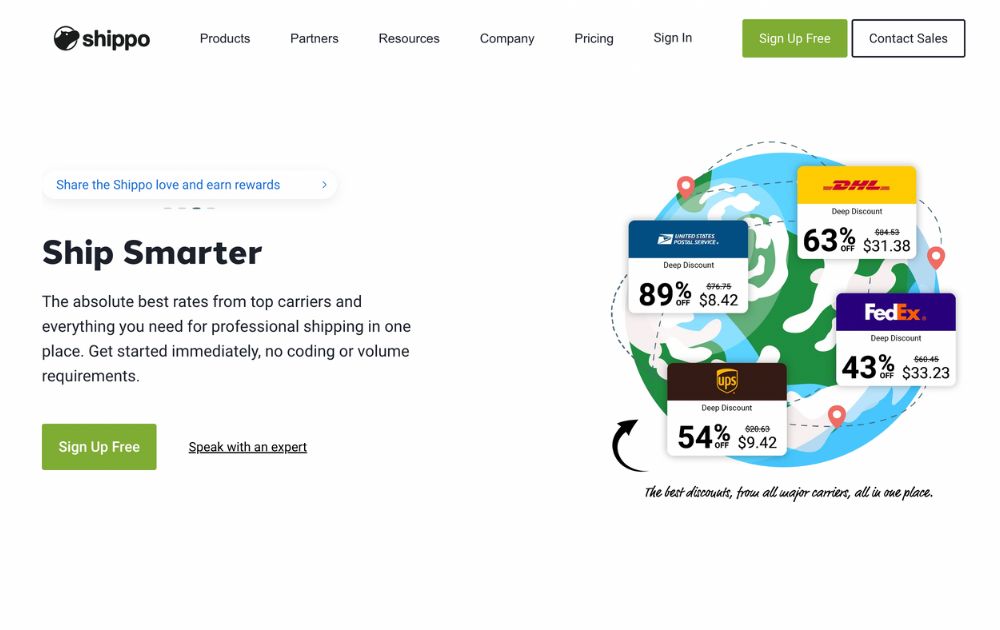
Meanwhile, Shippo is another multi-carrier software that tracks shipments and creates order labels for you. It’s a trusted solution by over 100,000 businesses in the e-commerce sector. Plus, they offer email and live chat support to ensure your customers are getting their shipping problems taken care of. You can get a professional plan at $10 and it comes with carrier discounts.
How to choose the right shipping solution for you
Before making the jump to buy shipping software, you want to make sure that all their services are right for you. After all, there are many types of shipping software companies that provide different services depending on your industry. Just as in choosing a POS system for small business, you need to make sure that you’re selecting one that satisfies your venture’s unique needs.
For instance, small businesses may opt for multi-carrier shipping software to integrate with different carriers. But, if your needs lean toward the global market, you may want to check international shipping software that caters to freight management and forwarding.
Another factor to consider is the company’s customer support. How does the company handle lost parcels or unclaimed items? Your shipping software should make it easy and accessible to buy from your store. Make sure you allot some time to read through their policies and how they solve problems.
Finally, consider how many carrier options you’re offering to your customers. People are looking for the best deals all the time, so be sure to stay updated on the latest industry carriers you can integrate with. Also, be mindful of exclusive prices and sales deals too, as some companies offer shipping software free discounts.

Top 10 Free and Paid eCommerce Tools for 2025

What’s the Best Website to Get a Graphic Designer in 2025?

What’s the Best Subscription Creative Service Agency in 2025?

Top 10 Public Relations Tools Every Entrepreneur Should Check Out

What the Hell Was Magic Dirt? The Black Oxygen Organics Hoax

Unlimited Graphic Design Companies Of 2025 + Promo Codes (Updated)

What’s the Best Creative Design Company for you?

Unlimited Graphic Design Companies Of 2025 + Promo Codes (Updated)

Top 10 Pet Tech Products That Redefine How We Care for Pets

What the Hell Was Magic Dirt? The Black Oxygen Organics Hoax

Top 10 Free and Paid eCommerce Tools for 2025

Is This Business an MLM? The Color Street Reviews

Top 10 Public Relations Tools Every Entrepreneur Should Check Out




